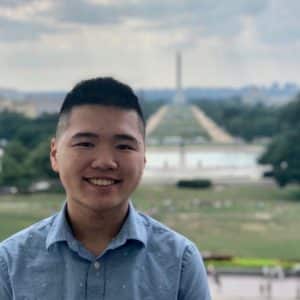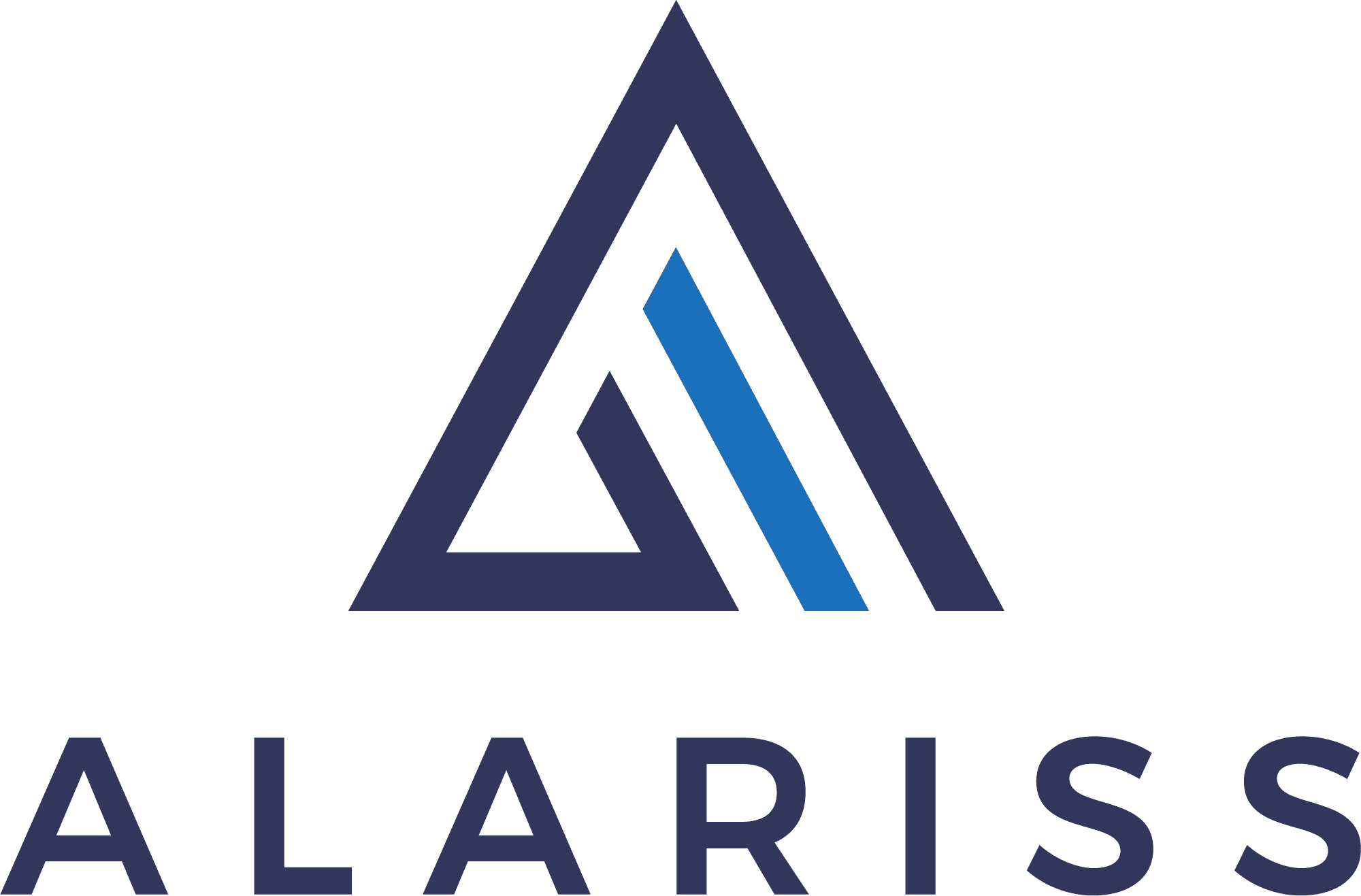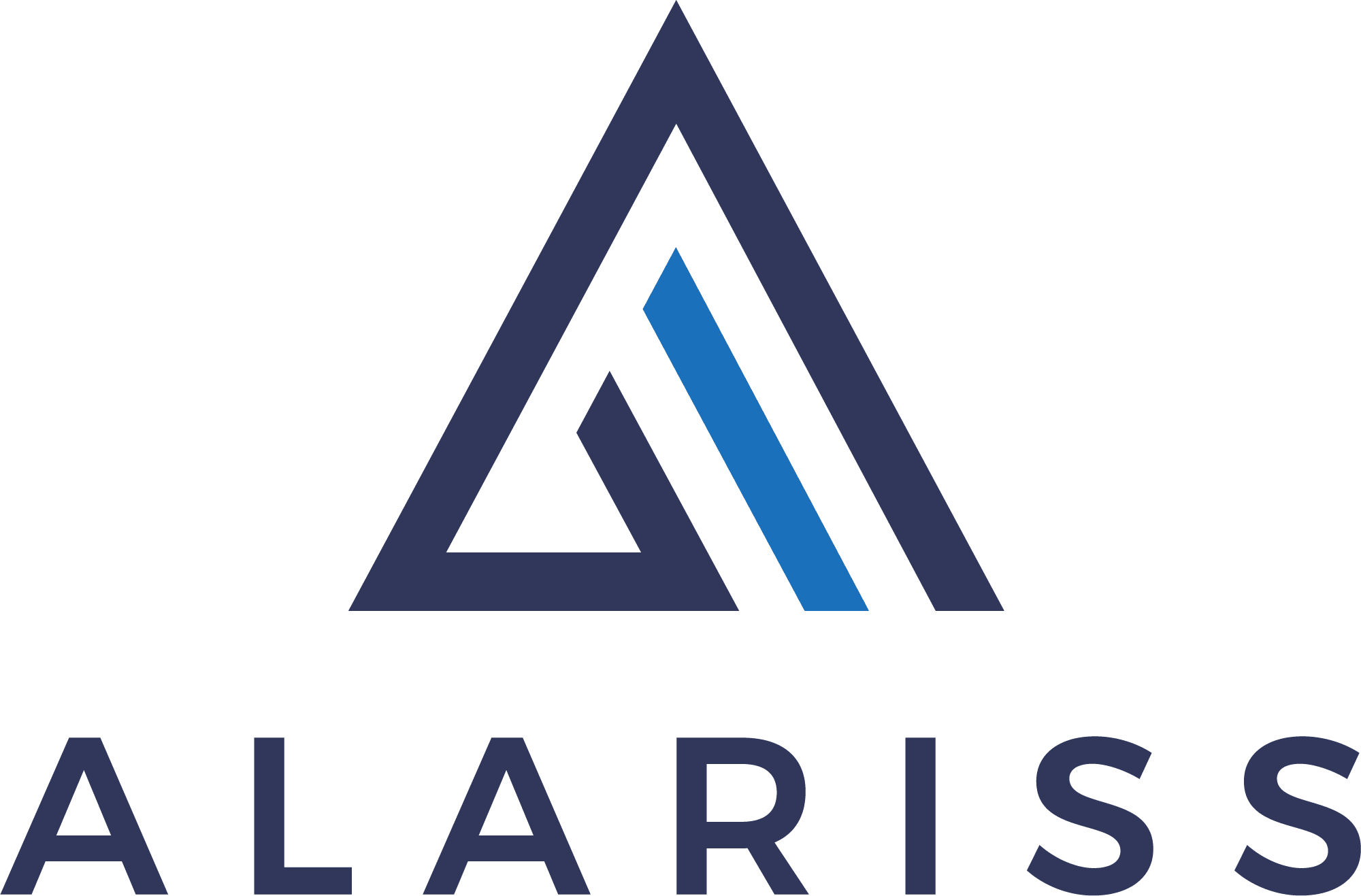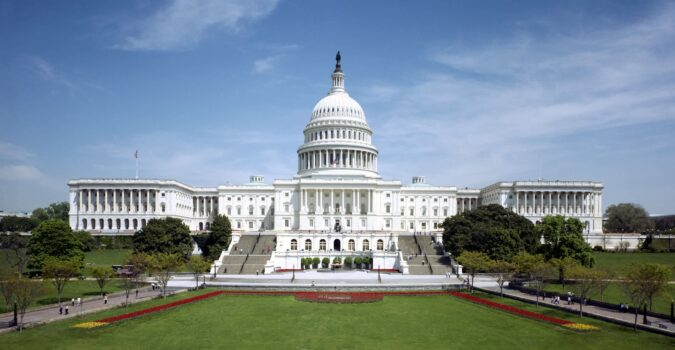Blog
Cool, Calm, and Collected: Speaking Up and Public Speaking

March 4, 2022
In the second episode of “Alariss Classroom”, Darren Jian (Georgetown University, Class of 2022) speaks about public speaking — sharing strategies, personal experiences, and ways to successfully master the art of public speaking.
Hi everyone. Today, we’re inviting Darren Jian to our podcast to chat about public speaking. Before we start this chat, I’m going to read a bio about him. Darren is a junior at Georgetown University, where he majors in mathematics and government. A native of San Mateo, California, he has spent the last year working as a legislative intern for Congresswoman Jackie Speier on Capitol Hill and as a regional engagement intern for Georgetown’s Office of Investment. Thank you so much for joining our podcast today. Darren, could you just introduce more details about yourself?
Yeah, definitely. Thank you for having me, Camilla. Basically, I grew up in the US, in San Mateo, California, which is in the Bay Area, but I was originally born in Canada. My parents are originally from China, and they immigrated to Canada first and then the United States. I’d say growing up as an Asian-American, my parents would always tell me to keep my head down and focus on school and studies. So public speaking wasn’t anything I really cared about in middle school and even parts of high school, and the way I saw it was, if I can just communicate my ideas in a simple and clear way, there’s nothing else I need to work on, and it wasn’t until later in high school that I realized the importance of public speaking and how as an Asian-American, having public speaking skills is really important if you ever want to advocate for yourself either in an academic setting or in a workplace environment.
Yeah, definitely. As an Asian, I definitely connected with that point because growing up in China with typical Chinese parents, literally they’re always telling you, Focus on your academic studies, focus on your own life, don’t speak up, when you speak up, you’re always presenting yourself or even more, presenting the whole family. So they always really wish their kids to keep their mouths shut but more focus on academics. So what made you really think public speaking is important and when was a time that made you realize public speaking is really important?
I think I started to realize how important public speaking was when in high school, I always wanted to participate in class discussions, and if we were discussing in my English class about a particular book that we were reading, I always had a lot I wanted to say, but I felt a lot of times too nervous to express my thoughts. So slowly over the course of high school, I began to work on speaking in a classroom setting as the first step in practicing public speaking, and as time went on, I got more and more comfortable with practicing and just working on public speaking. I think you asked why I thought public speaking is important. I think it’s important because it gives you the capacity to connect with others with confidence and it helps you develop stronger relationships with your peers, your friends, coworkers. And I like to think of public speaking not as an end goal but rather it’s a tool that you can keep on improving with, and it’s a tool that allows you to communicate your ideas effectively.
Yeah, I definitely agree with it. I didn’t move to the States until attending college here, so basically in China, we don’t really set up a public speaking class, so when you’re having a really nice idea, you’re trying to propose something, I always feel like I do have the idea but I don’t have the ability to share with other people because you’re too shy or you’re kind of afraid what I’m saying might be awkward or might have some mistakes. And one thing that was really funny that happened in my life, early, when I was shy or not familiar with this person, when I started proposing some idea, I always start really big. Like today, I have an idea or I have a proposal about that project, but later on, the second or third paragraph, yeah, maybe this word. Even your volume in your voice decreases, and I feel this is something not right. Not until I was in sophomore year, I was taking public speaking, and my professor really changed everything for me. One thing she made me feel confident as a Chinese studying in America, even some of the grammar mistakes, or sometimes you didn’t use the correct word, still you should be confident to talk to everybody, to share your thoughts.
Definitely. I think that Asian-Americans and Asian immigrants in the US are often viewed as more shy or not as open to speaking, so I think it’s important if Asian people want to have their voice heard in US society and politics and the workplace, public speaking and making yourself heard is a very important thing, just like you said.
Yeah, definitely. So we’ve been talking a lot. I shared my story with you, about how at the first point, I’m always saying something really big, and later on I decrease my volume. So did you experience any bad public speaking, maybe it’s your story, maybe it’s other people’s story?
Yeah, so I definitely had my share of bad public speaking experiences. And I think one that comes to mind is actually in college. Even though I’ve tried to practice public speaking in high school, I feel like it’s a skill that’s always a work in progress, at least for me. And when I got to Georgetown, I heard about this debating society called the Philodemic Society, where students go to this very beautiful room in the middle of the old campus building on campus and debate issues, get up from their seats, go to the middle of the room, give a speech about their position on an issue and then sit back down. I thought this was a really interesting organization. So I went to the second debate of the year during my freshman year, and I remember being really intimidated by these people who were amazing at public speaking and could craft beautiful speeches in the moment as they walked around the room. I knew that I wanted to try doing that. The next debate, I went there, I gave a speech, and I just remember feeling so nervous. I think my voice was shaking. I really didn’t know what to say at a point. I had kind of rehearsed in my head what I wanted to say, but as soon as I got up in the middle of the floor in front of all these people, I lost some of my words in my brain, so I sat back down after giving a very short speech that I wasn’t very happy with, and then using that as an experience just showed me how I always need to improve in public speaking, and how it’s a never-ending process of being better and better at that skill.
Yeah, definitely. Even earlier, you mentioned about American people or other people having a stereotype of Asian-Americans being really shy. And this definitely resonated with me, recently I was watching a stand-up comedy, have you ever heard of Jimmy O. Yang? I was watching part of his comedy, and he was saying he got a little bullied because kids saw he doesn’t speak English at all. But actually, he immigrated to the States, but he definitely speaks English during the time, but just when you don’t have public speaking skills, people kind of put all those typical stereotypes on you. That’s definitely something we see and also that happens to other people. You were talking about joining the debate club. Do you have any suggestions or tips about how to practice public speaking?
I’d say the best way to practice public speaking is to develop a routine, especially if you’re giving a speech. For example, what I like to do is I like to not write out everything I want to say and memorize it. Instead, what works better for me is having a list of everything I want to say in the speech, some bullet-points, and then practicing how to connect those ideas. As I looked at myself either in the mirror or I record myself and listen back to the speech, I think a really important thing is being able to criticize yourself but also remain confident that you do have the skills to deliver a good speech but being able to see where you need to improve in your speaking. I’d say those are my main tips for public speaking and giving speeches. Just practice and be honest with yourself, but also know that you have the ability to be great at public speaking.
Yeah, definitely. Talking about suggestions or tips, when I started to practice public speaking, I think the first time was I just graduated from high school, because I had to attend college here. So the first thing I had to do is apply for the US visa. So…you really need to show the confidence and the public speaking skills to prove to the interviewer, I have the ability to study in the US. And I remember one of my high school counselors, he’s really funny, he’s really talented, he knows how to train for public speaking, I’m not sure if you watched the movie Gone Girl, one of the things is remember the guy was hiring a PR manager to train his speech when he was going to the television shows. That was what happened to us. We sit down there, we started practicing what we’re going to say to the interviewer at the embassy. But sometimes when you’re looking around or you’re blurting something or your voice is shaking, he will use a gummy bear to throw at us, to catch our attention. It makes me realize public speaking is not only about speaking. It’s more important to show confidence and telling people I can dominate this conversation and I have the ability to contribute to this conversation. Even until now, I’m still practicing and learning, even a small topic, you can just, trying to make it in public speaking, I think that’s really important. And that’s the reason why Chelsea and I wrote the other week in the article, we think public speaking, no matter what career you have, that is definitely something really important in your career. Talking about your career, how will public speaking affect you in your future career or your future personal life?
Yeah, definitely. I wanted to connect with what you were saying just now about public speaking being a part of showing confidence in yourself. I remember when I first started to practice public speaking and trying to improve in high school, the most difficult thing for me was talking about myself, specifically in an interview setting. This was when I was practicing for college interviews. I think growing up in Chinese culture, humility and being humble is really important. I feel like for me, it was kind of uncomfortable to try to brag about myself or introduce myself like that. That was definitely something that took a lot of work. To answer your question about how public speaking is related to my career, it’s been a long process of deciding what I want to do in the future. I initially thought for most of high school and even at the beginning of college that I wanted to be a software engineer. I think now I’ve definitely shifted more toward the humanities side. I love reading, writing articles. I think as I go forward, I’d like to apply to law school and be able to work on law and policy with a combination with big data analysis. Public speaking comes in handy because at least for law school, a lot of what law schools look for in students is the ability to be skilled at creating and identifying arguments. For example, right now I’m studying for the LSAT, and one big factor that I’m always making out for is what is a strong argument. They give a lot of questions with arguments in it and you have to identify what is working, what is not working, what’s a flaw in the arguments. Public speaking gives you an ability for reasoning. With public speaking, you naturally set up a flow to your speeches and your arguments. And you make sure that one idea will flow to the next and be a good speech or a good argument through that process of thinking through what you are saying. So I guess public speaking is what I am continuing to try to improve on as I look to my future possibly as a law school student.
Yeah, definitely. It just makes me think about, if you’re working in the law field, for somebody to have a strong public speaking skill, because you’re trying to let people believe in what you’re saying… I’m really glad I’m having this conversation with you today. Based on our growing up experiences, growing up in a Chinese or Asian-American family, always be humble. I even think this cultural thing, be humble, is sometimes too humble about it. Sometimes we cannot view the right value about yourself. It makes me remember the first college interview I had, and they were asking to introduce about yourself, I wasn’t prepared enough, and I just keep thinking, who am I? I feel like I’m nobody because I’m just a high school kid trying to go to the States and then go to college, but later on when you practice more and more, you realize I have so many things I can talk about, there’s so much argument points I can set it up, and then talking about it, related with myself, I definitely think it’s important, and I really hope, later on Asian-American generations can practice public speaking as soon as they adapt into any of the school or classroom life, it’s just important, this is a chance to speak for yourself. Thank you so much today for joining our Alariss Classroom, and I really appreciate that you can join us today.
Thank you so much for having me, it was a pleasure talking.





